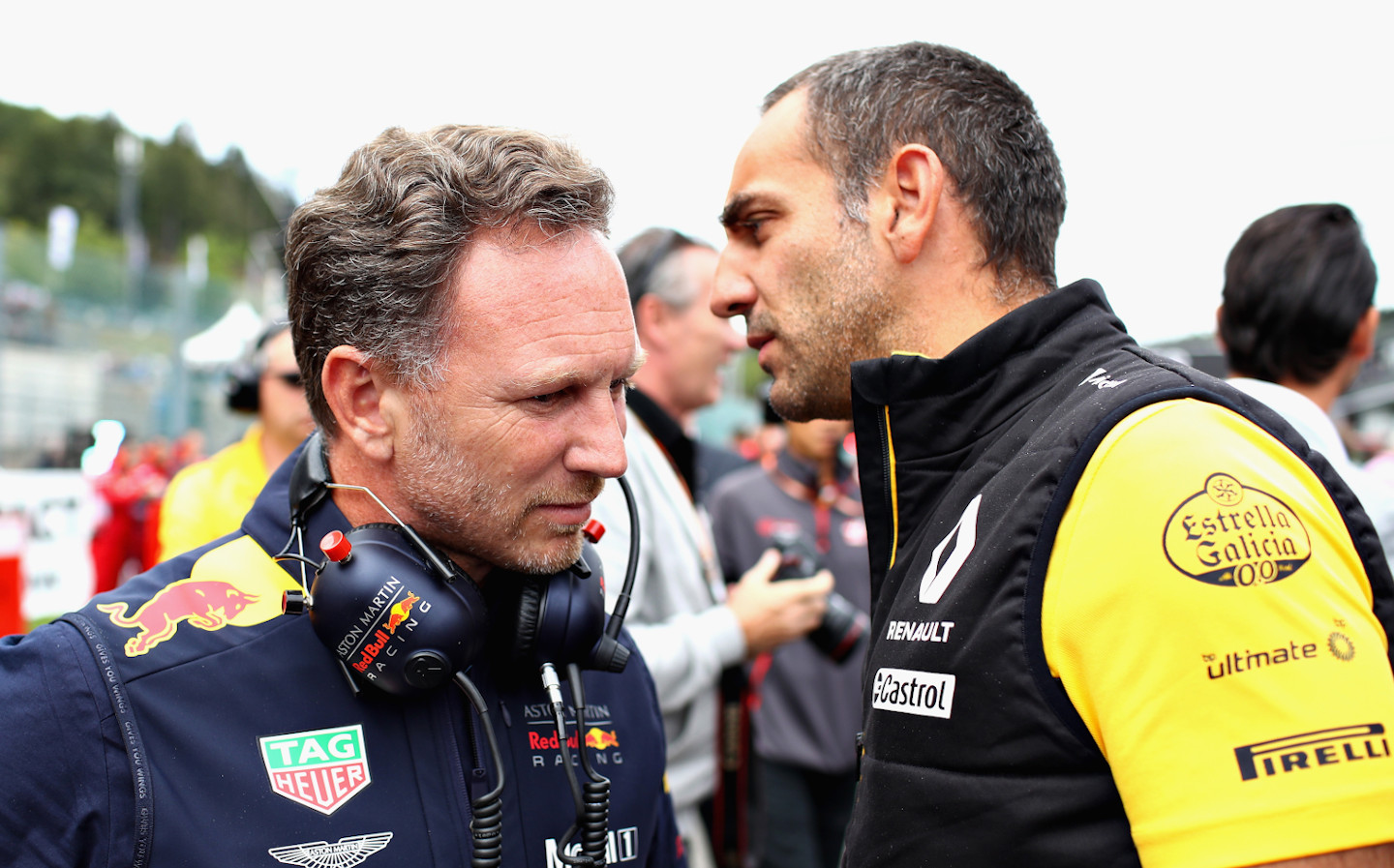Coronavirus: Red Bull Racing-Renault ventilators rejected but NHS snaps up 20,000 F1-developed breathing aids
Thousands ordered but government has pulled out of major deal
THE NHS has ordered more than 20,000 breathing aids designed and manufactured under the Project Pitlane initiative, a consortium of the seven UK-based F1 teams, but has rejected a model of ventilator developed by Red Bull and Renault.
The BBC has reported that the Rapidly Manufactured Ventilator System (RMVS), the manufacturing of which makes up a branch of Project Pitlane, has been formally ordered by the UK government in excess of 10,000 units.
A second branch, the manufacture of a less invasive breathing aid by Mercedes F1 team and University College London, has received an order for a further 10,000 units. The device, called the Continuous Positive Airway Pressure (CPAP) device, is intended for use on patients who require more breathing assistance than can be given with an oxygen mask, without having to resort to a ventilator.
However, government plans to purchase thousands of portable ventilators manufactured by Red Bull Racing and Renault F1, under a third branch of the Project Pitlane initiative, have been scrapped after experts voiced fears that the model was unsuitable in the treatment of coronavirus.
The Guardian reported that the collaboration between the two F1 teams was deemed capable of ventilation but was insufficient for use on patients suffering from the coronavirus. This is due to the fact that Covid-19 causes fluid to build up in the lungs more rapidly than other diseases.
The BlueSky machine was developed by Red Bull and Renault alongside a small Essex-based company called Lifeline technologies, which specialises in electromedical equipment.
The government’s decision not to go ahead with the purchase came “following a reassessment of the product’s viability in light of the ever-developing picture around what is needed to most effectively treat Covid-19″, a Cabinet Office spokesperson told The Guardian.
However, an F1 spokesperson said that the two F1 teams “have shown brilliant dedication and skill throughout the project and should feel proud of the work they have undertaken”, according to the BBC.
NHS workers have lamented the lack of ventilation equipment available to treat the increasing number of coronavirus sufferers since the beginning of the crisis. A number of initiatives have been developed in order to aid the combat effort, and the Financial Times reported that the government made a series of “conditional commitments” to purchase models when they become available.
The prevailing interpretation of this is that the government had stated its intent to buy the machines, pending medical approval. This means that the devices had not been formally ordered or purchased.
Health Secretary Matt Hancock told The Andrew Marr show earlier this month that, by April 12, the NHS should have between 12,500 and 13,500 ventilators. The government has reduced its target number from 30,000 to 18,000 units.
However, a month after the government issued a plea to businesses to pitch in with the medical effort, none of the new mechanical ventilators produced have received regulatory approval. The delays are reportedly due to a changing understanding of how to treat the virus, as well as medical debate over what point at which invasive ventilator treatment becomes necessary.
The government said that approval for medical technology can often take years but, due to tireless work from officials, the approval process is moving faster.
F1 teams were found to be uniquely well-placed to develop ventilators due to the nature of the sport, which places a unique emphasis on technological advancement. Teams are expected to tweak their cars throughout the season, making complex technical changes over the course of a week or two weeks, and have the machines and knowhow necessary to fabricate components quickly and precisely.
Red Bull and Renault are no strangers to collaboration, with the latter providing engines to the Milton Keynes-based team until the 2019 season. Tensions arose when driver Daniel Ricciardo moved from Red Bull to Renault, in the same season that Red Bull turned to Honda for its power supply.
Both teams have been approached for comment.
Tweet to @KieranAhuja Follow @KieranAhuja
Coronavirus: Cars to be banned from roads for safer exercise
Rolls-Royce launches design competition for children, offering money-can’t-buy prizes





